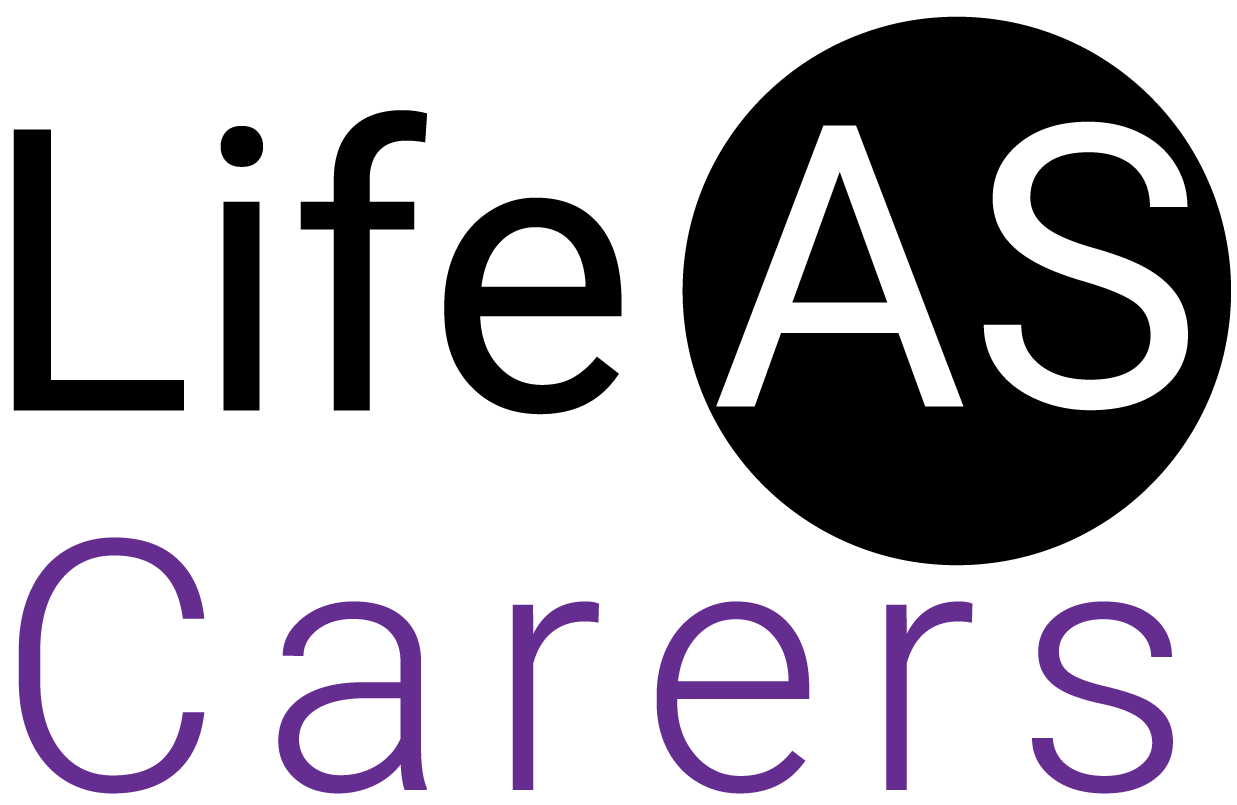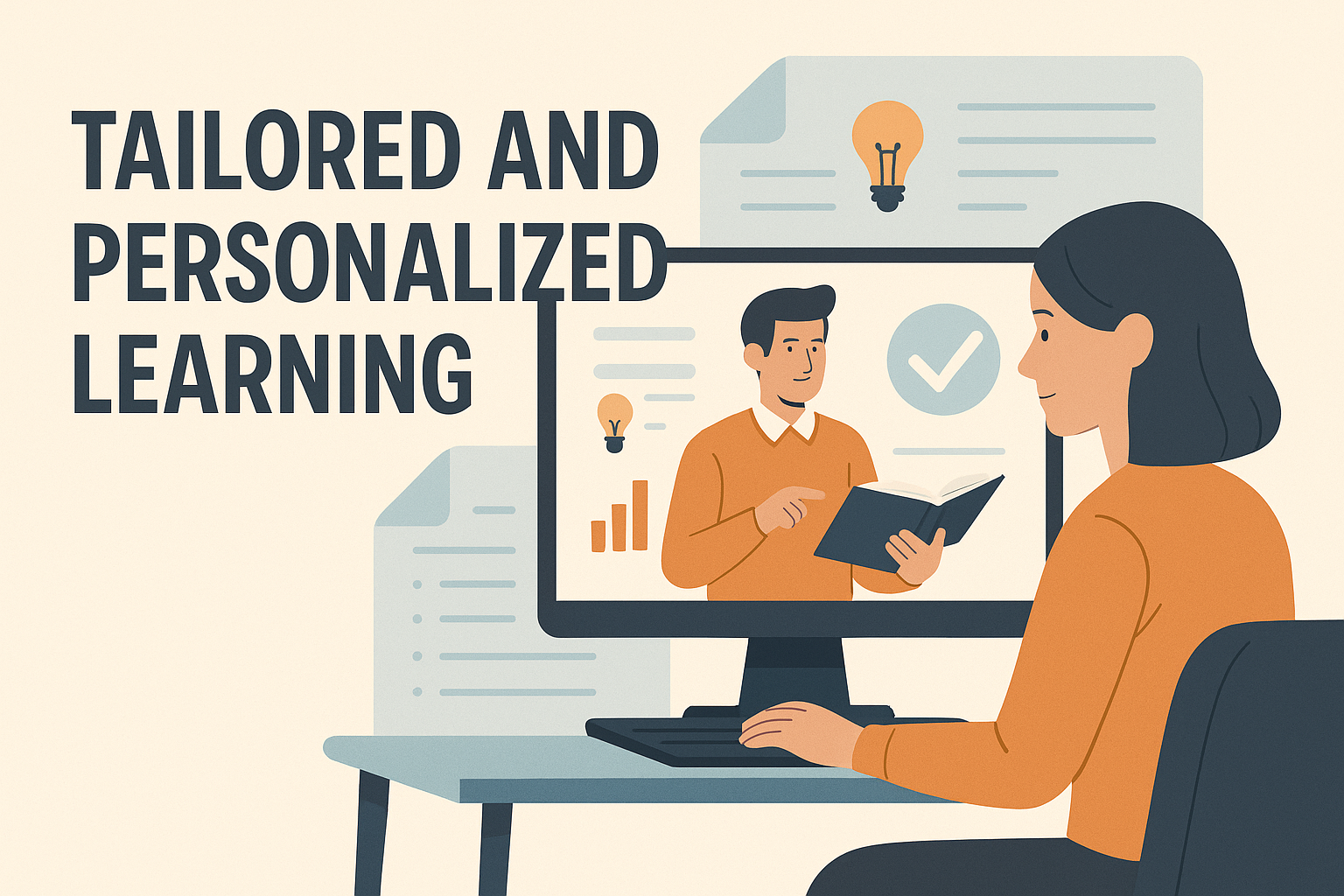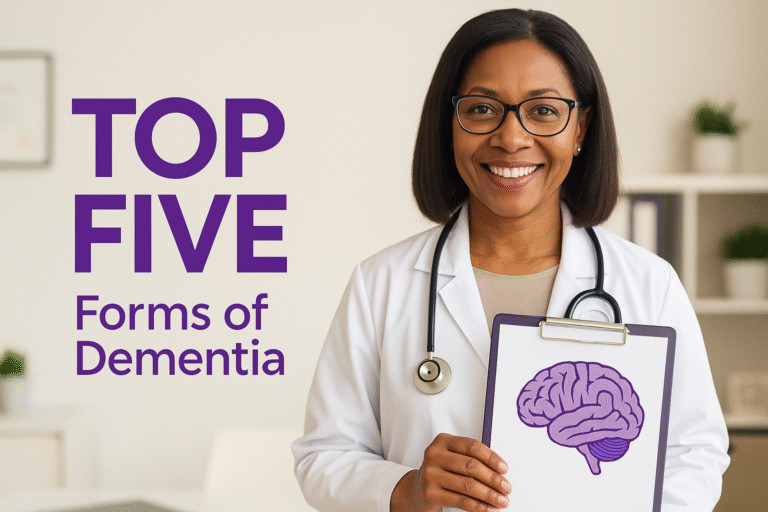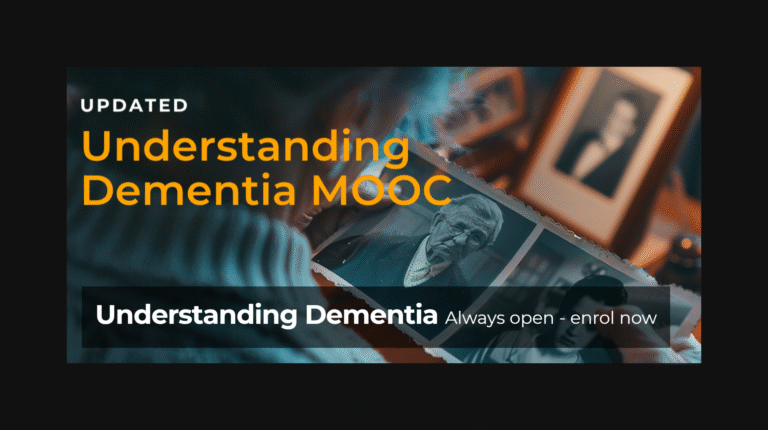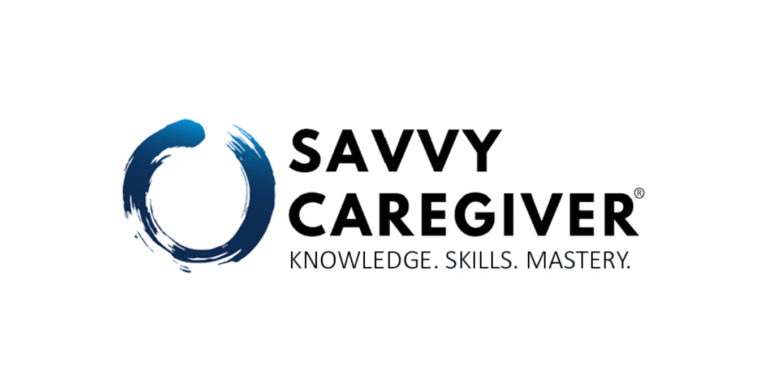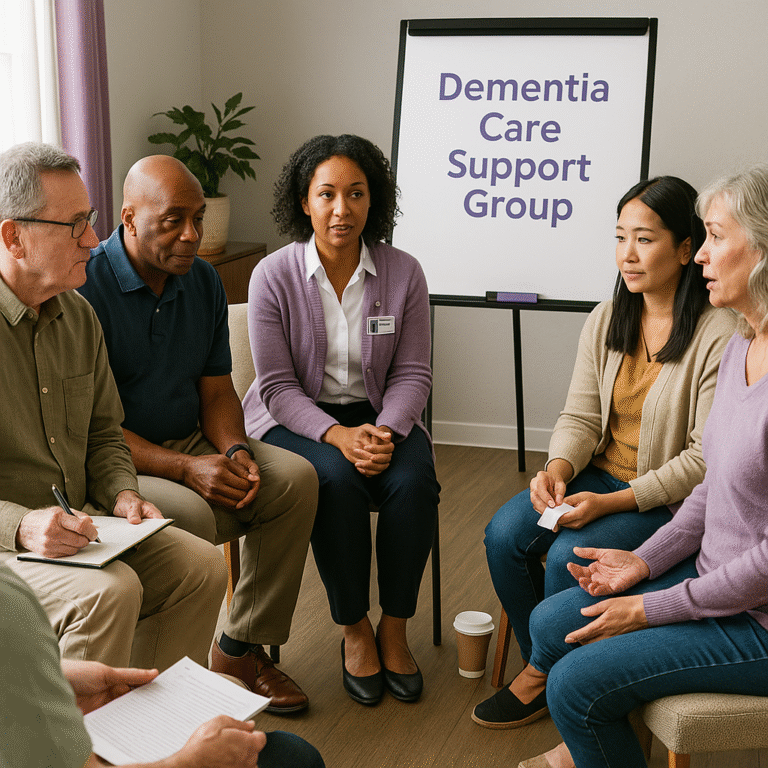Tailored and Personalized Learning
This week, I’m continuing my series on insights from my doctoral dissertation, which explored personalized learning, which is the idea of tailoring learning experiences to meet the unique needs, abilities, and goals of each learner. While personalized learning is often discussed in the context of K-12 education, I applied this concept to adult learners, specifically care partners of people living with Alzheimer’s disease and related dementias.
Personalized learning has a long history, from early child-centered education theories to today’s data-driven tools and AI-powered platforms. In K-12 classrooms, it’s used to adapt lessons for individual students. For adults, it holds immense potential in areas like workplace training, higher education, and caregiving, where learners benefit from resources that are flexible when they are administered, relevant to their learning style or specific situation, and accessible in multiple formats depending on their learning abilities.
Today, personalized learning continues to evolve, offering powerful ways to enhance learning outcomes, but challenges like implementation and ethics remain. In my dissertation, I saw how tailoring dementia resources for care partners could make a meaningful difference in their caregiving journeys.
How do you see personalized learning shaping education or training in your field? I’d love to hear your thoughts.
For reference, here are articles that I used in my dissertation related to personalized learning: https://doi.org/10.1177/0162643416660835
https://doi.org/10.1016/j.compedu.2004.01.006
Medical disclaimer: This article is for educational purposes only. It is not medical advice and does not replace care from your clinician. If you have a medical concern, contact your healthcare professional. If this is an emergency, call 911 (or your local emergency number).
